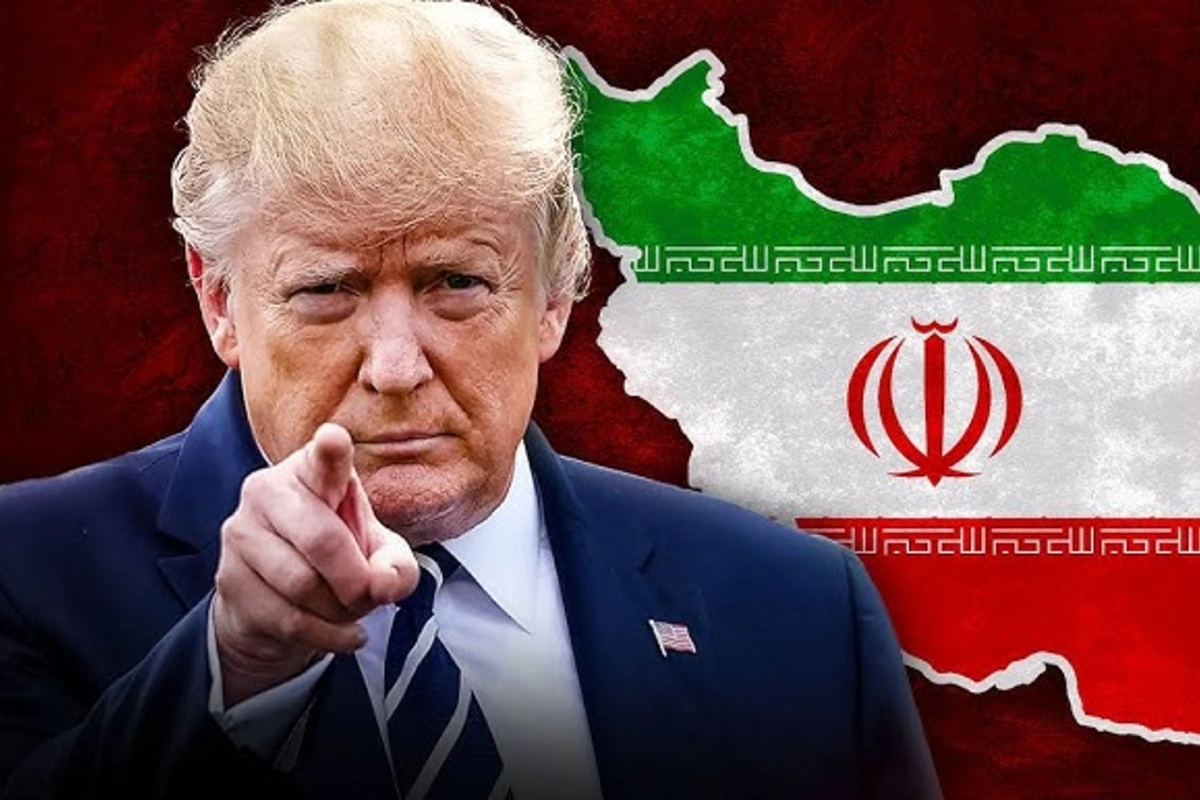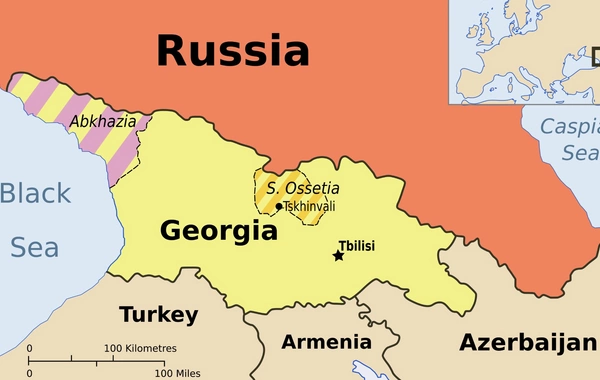
For Tehran, Trump represents a symbol of harsh policies, unprecedented economic pressure, and an aggressive course aimed at destabilizing Iran.
Photo: Google images
The potential return of Donald Trump to power in the United States appears to be a grim prospect for Iran. In a country where negative attitudes toward the former president are already well established, his possible return is a source of concern and anxiety. For Tehran, Trump represents a symbol of harsh policies, unprecedented economic pressure, and an aggressive course aimed at destabilizing Iran. His administration's approach from 2016 to 2020, particularly its withdrawal from the Joint Comprehensive Plan of Action (JCPOA) and implementation of sanctions, left no doubt about his commitment to suppress Iran. This possibility, even in 2024, continues to raise concerns in Tehran and forces the country to ask how it might counter a renewed “maximum pressure” campaign should Trump return to power.
Economic Blow: The Price of Sanctions
The sanctions imposed by the Trump administration have had a devastating impact on Iran's economy. One of the heaviest losses for the country was the significant reduction in oil exports. Previously, Iran exported 4–4.5 million barrels of oil per day, but under the pressure of sanctions, this volume dropped to a record low of 0.7 million barrels daily. The severity of these restrictions deprived Iran of vital revenues, sparking a crisis that hindered funding for social programs, infrastructure projects, and other critical sectors.
The sanctions also hit key economic sectors such as metallurgy, aviation, and automotive production, seriously affecting the lives of millions of Iranians. Even with certain exceptions granted to eight countries, Trump remained committed to his “maximum pressure” policy. The consequences of this period were so profound that Iranians still view Trump as a symbol of relentless economic pressure. Iran's leadership understands that even after Trump’s departure, the effects of his policies will be felt for years to come.
Plans in Case of Trump’s Return: Preparing for Renewed Pressure
Iran is already preparing for action in the event of Trump’s return, anticipating that his approach may be even tougher. Tehran sees Republicans as a party willing to take risky steps and associates them with the most notable operations against Iran. One of the most painful moments was the strike against Iranian elite by the assassination of General Qasem Soleimani. Soleimani, who led the Quds Force within the Islamic Revolutionary Guard Corps (IRGC), became a symbol of resistance in the eyes of Iranians. His assassination in 2020, carried out with the support of American allies, left a deep mark on the national psyche, bolstering anti-American sentiment and strengthening distrust toward the U.S.
Many Iranians believe that if Trump returns, difficult times lie ahead, and they are preparing for this. Tehran seriously expects that Trump will return to a strategy of pressure through sanctions, economic isolation, and a stronger U.S. military presence in the region. However, Iran is ready to respond with more robust resistance and aims to fortify relationships with key regional allies.

Photo: www.hoover.org
Allies and Influence: Strategies for Resistance
In response to the possibility of increased American pressure, Iran continues to strengthen its ties with regional allies, especially groups like Hezbollah in Lebanon and movements operating in Palestinian territories. These allies, often seen as extensions of Iranian influence in the Middle East, receive significant support and resources from Tehran. Cooperation with Hezbollah has allowed Iran to expand its influence in Lebanon and fortify its position against Israel, particularly in light of recent tensions along the border.
Palestinian groups also play an essential role. In recent years, Iran has intensified support for its allies in the Gaza Strip and the West Bank, bolstering their capabilities to resist Israeli influence. An example of this strategy came on October 7, when an attack was organized with Iranian support, followed by Hezbollah’s actions the next day, demonstrating readiness for escalation.
These actions indicate that Iran is resolute in defending its interests and supporting its allies, despite U.S. pressure. Moreover, such moves send a message to the U.S. and Israel that Tehran remains an influential player capable of mobilizing forces when its security is at risk.
Expectations for U.S. Policy in the Middle East
Tehran is closely monitoring the potential U.S. course in the Middle East, particularly regarding the Palestinian Authority and the Gaza Strip. Trump’s previous administration left Iran with few illusions about the U.S.'s objectivity on this issue. During his first term, Trump demonstrated unprecedented support for Israel, officially recognizing Jerusalem as its capital and relocating the U.S. embassy there. This step, despite the uproar it caused in the international community, was unequivocally perceived in Tehran as evidence of a pro-Israel U.S. policy, confirming America's willingness to overlook the interests of Palestinians and other countries in the region.
If Trump returns to power, Iran will likely witness a further strengthening of U.S. support for Israel, adding tension to the Middle East. Any increased support for Israel—from military aid to diplomatic backing on the international stage—will be seen by Iran as a threat, leading to escalation.
Conclusion: Readiness to Defend Interests
Iran has made it clear that, in the event of Trump’s return, it will not retreat. On the contrary, the country intends to bolster its influence and strengthen its resistance. Today, Iran is preparing for difficult times, aware that it may face new challenges. Tehran is likely to continue developing regional alliances and bolstering domestic resources to counter external pressure.
Thus, Trump’s potential return presents more than just an economic threat to Iran. It poses a question of regional survival and the preservation of influence. Tehran is preparing to defend its interests, intending to prevent any new wave of pressure from becoming a critical moment for the nation.
Share on social media

For Tehran, Trump represents a symbol of harsh policies, unprecedented economic pressure, and an aggressive course aimed at destabilizing Iran.